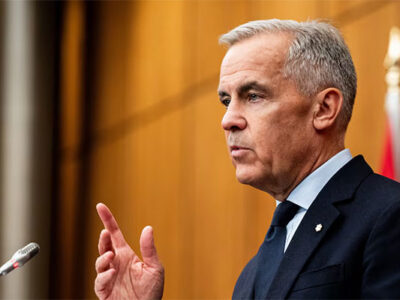OSLO, Norway | NEWS RELEASE —
The increasing demand for electricity from renewable energy sources is high on the agenda when more than 180 purchasers, suppliers and stakeholders of renewable electricity meet at the annual international RECS Market Meeting 2015 in Oslo from 29 – 30 April 2015.
For the first time, corporate and suppliers are collaborating around solutions that allow companies to consume and contribute to new renewable energy production without committing to major infrastructure investments.
Guidance, such as the new Greenhouse Gas Protocol Scope 2, standardizes how corporations measure and report on emissions from purchased or acquired electricity, giving them the support they need to integrate renewable energy programs into their sustainability targets. Initiatives such as the recently launched RE100 are also encouraging greater action, with the world’s most influential companies committing to 100% renewable power. Now global players can get solutions that cover many regions of the world. ECOHZ and The CarbonNeutral Company have teamed up to provide a complete solution, including renewable power documented with Renewable Energy Certificates (RECs) in North America, Guarantees of Origin (GOs) and ECOHZ GO2 in Europe. This solution also involves contribution to a new plant for renewable energy production. H&M is the first company to commit to such a wide-reaching agreement. These combined measures will increase the use of renewable power in H&M’s international operations from 27% in 2014 to 80-100% in 2015.
“ECOHZ GO2 documents renewable electricity and this first agreement around ECOHZ GO2 brings crucial top financing to a small hydro plant in Norway. The plant will, during its lifetime, produce more renewable electricity than in the contract,” says Tom Lindberg, Managing Director, ECOHZ. “Adding new renewable energy sources was previously only possible through more complex investments in on-site power projects. Now companies can make a real contribution to the creation of new, renewable energy. We hope that many other large corporations will follow suit and thereby make a significant difference by beginning to help produce as much as they use,” adds Lindberg.
“A portfolio approach to creating a renewable energy program ensures a business can commit to renewable energy in the majority of countries where it has operations. Increasingly corporations are taking advantage of the flexibility offered by renewable energy instruments in order to meet their specific requirements, combined with the speed with which solutions are delivered, to meet ambitious renewable energy targets,” says Mark LaCroix, Executive Vice-President at The CarbonNeutral Company.
“It is great to see companies make such public commitments to renewable electricity. We are certain that this commitment to renewable energy will ensure that other retailers and suppliers will increasingly understand that demand for renewable electricity is growing and can play an important role in transforming the electricity system of countries. Corporations can also play an important role in making renewable electricity more readily available in countries where electricity consumption will grow substantially in coming decades, such as in China and India,” said Pedro Faria, CDP Technical Director, and member of the Steering Committee of RE100.














Comments